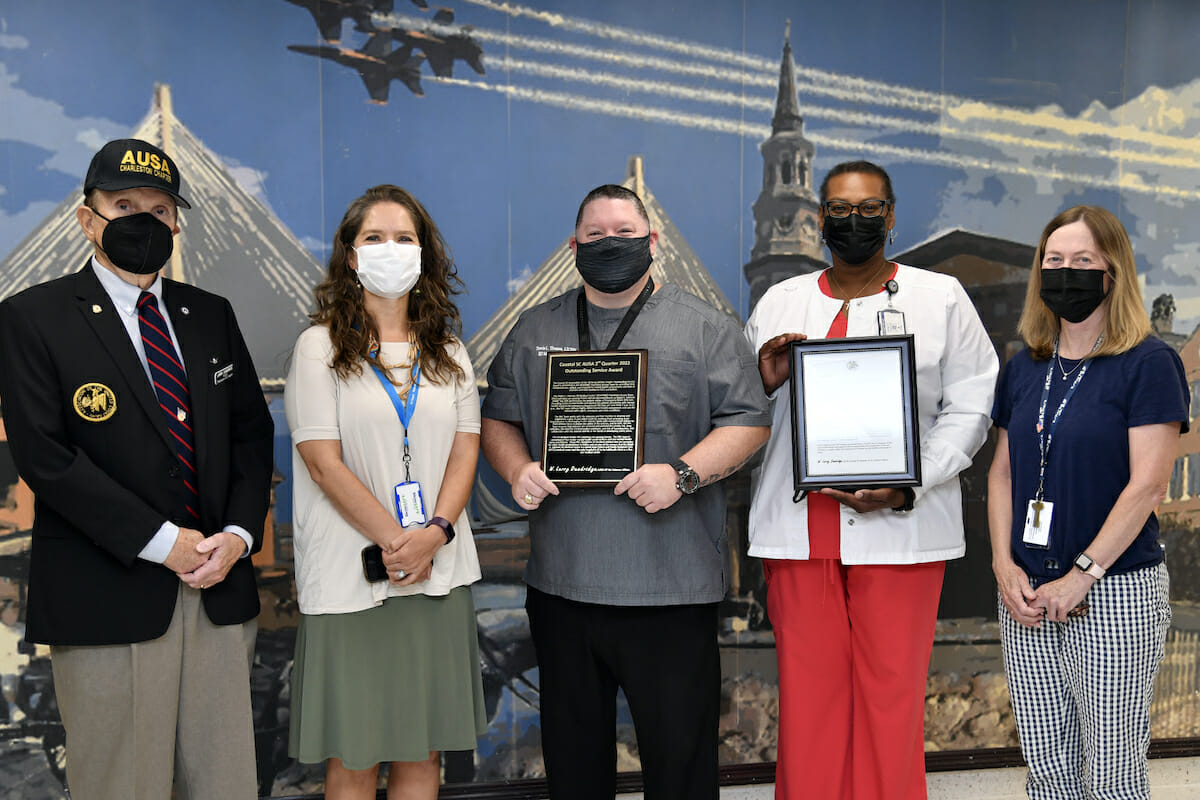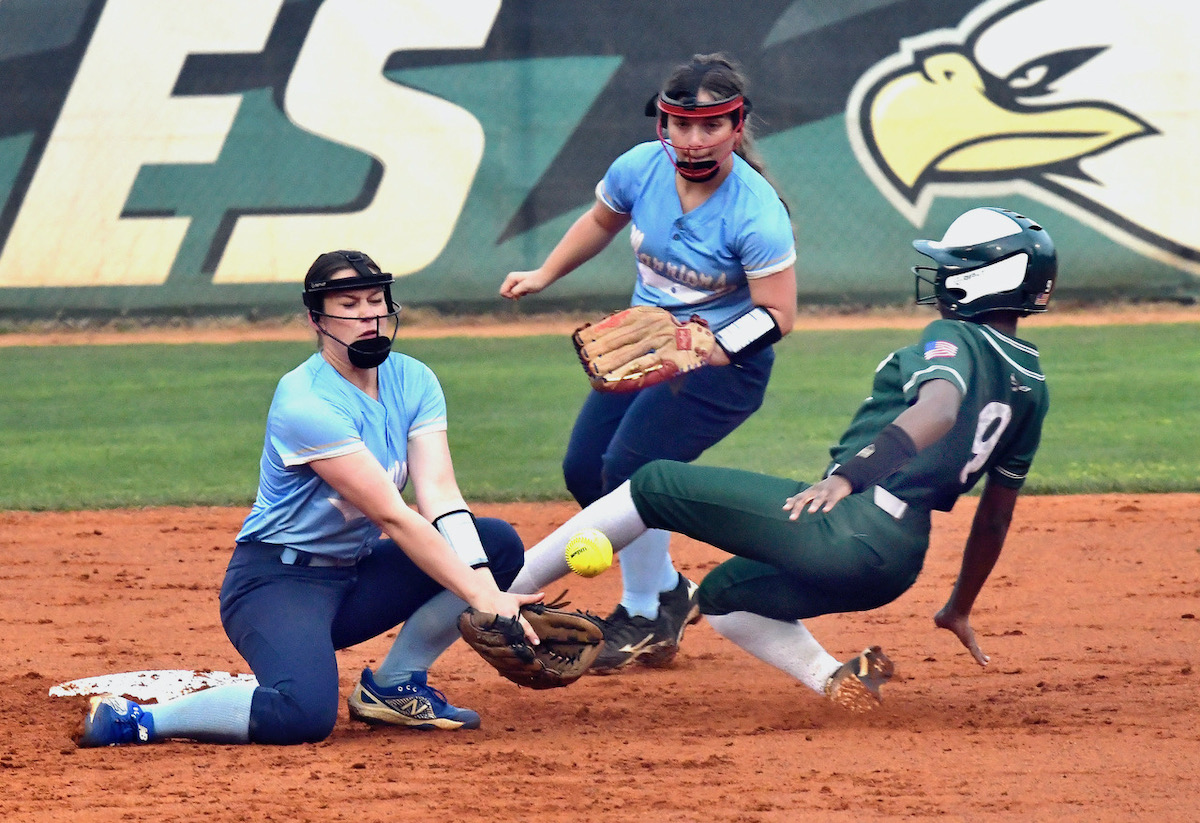A veteran’s CRSC application must include a totally and accurately completed DD Form 2860, Claim for CRSC. Section I of the DD Form 2860 will require the veteran to provide his or her full name, social security or employee ID number, retired Rank/Grade, date of birth, telephone number, E-Mail address, and complete postal mailing address.
Section II of the form will ask the veteran a series of four questions, which will determine if the veteran meets the basic requirements of CRSC.
Section III of the form will ask the veteran: (1) From which military service did he or she retire? (2) Was the veteran ever a Prisoner of War (POW)? and (3) Did the veteran serve in any wars or combat operations?
Section IV of the DD Form 2860 is the request for a Combat-Related Determination and will require the veteran to provide his or her VA File Number (found on all VA Award Letters), disability description (title of disability as written on the VA rating decision), body part affected, the VA Disability Code, date awarded, the initial rating decision by the VA, the current rating % by the VA, the combat-related code that best describes the disability (Purple Heart, Armed Conflict, Hazardous Service, Simulating War, Instrument of War, Agent Orange, Radiation, Gulf War or Mustard Gas), unit of assignment when injured, location and area of assignment when injured, a description in the veteran’s own words of the events surrounding the disability and how it meets the guidelines of combat-related.
Section IV will also ask two questions: (1) Did the veteran receive a purple heart for this injury? And (2) Did the VA ever document that this condition caused secondary disabilities?
Finally, Section IV of the DD Form 2860 will ask the veteran which conditions are secondary conditions to the veteran’s primary disabilities. That final question will require the veteran to enter the disability code, description, % awarded by the VA, and the date of the VA award.
A veteran’s application for CRSC should include all the keywords (like Purple Heart, Bronze Star, Distinguished Flying Cross, Air Medal with V, etc., and Direct Result of Conflict, Line of Duty, Service-Connected, etc.) and ALL of the evidence the applicant can muster.
Veterans must prove Combat-Related as defined by the Armed Forces. The veteran’s evidence must show that his or her injury happened while the veteran was:
- Engaged in armed conflict (in combat or during occupation or raid), or
- Engaged in hazardous duty (like demolition, flying, or parachuting), or
- Participating in war simulation activities (like live fire weapons practice or hand-to-hand combat training), or
- Exposed to instruments of war (like a military vehicle, weapon, or chemical agent), or
- Engaged in an activity the veteran received a Purple Heart for, or
- Exposed to Agent Orange or radiation (or other Hazardous Material), or
- Presumptive relating to service in the Persian Gulf War or exposure to Mustard Gas or Lewisite.
Warning.
Veterans must carefully read DD Form 2860, CLAIM FOR CRSC’s APPENDIX A, which is titled Combat-Related Codes. This appendix is one complete page in length (more than 1050 words) and too long to include in one newspaper article. Following the instructions in Appendix A and collecting the evidence needed to be awarded CRSC is dependent on the veteran (the applicant) reading (and rereading) and following the instructions and conditions spelled out therein. The related codes and explanations in Appendix A spell out for the applicant what evidence and documents are needed to get a CRSC application approved.
For example, Appendix A spells out that activities, like physical training activities (such as calisthenics and jogging or formation running and supervised sports activities), are NOT included in the “Under Conditions Simulating War” category of eligibility for CRSC. The Veteran’s CRSC approval or disapproval greatly depends on the veteran following the instructions in Appendix A and providing all of the requested evidence, documents, proof of service, proof of service in an armed conflict, dates of diagnosis, dates of service, presumptive conditions, line of duty, military service-connected, and more.
How can a veteran request the documents he or she needs to go with his or her CRSC application?
To request copies of the veteran’s “VA rating decision letter,” the veteran will need to send a letter or note to his or her nearest Veterans Benefits Administration (VBA) regional office. Veterans can find their nearest Regional Office at https:// www.va.gov/find-locations.
With an existing Login. gov, ID.me, DS Logon, or My HealtheVet account veterans can sign in online to their account and download an award letter (decision notice) at https:// www.va.gov/records/download-va-letters/. If a veteran does not have any of these accounts, he or she can create a free Login.gov or ID.me account at https:// www.va.gov/records/download-va.letters/.
Veterans can also request a copy of their VA Rating Decision letters by sending a signed letter to the veteran’s nearest Veterans Benefits Administration (VBA) Regional Office. Veterans can find their nearest VAB Regional Office online at https://www.va.gov/ find-locations. The Columbia Regional VBA Office is located at 6437 Garners Ferry Road, Columbia, S.C. 29209, phone number 800- 827-1000.
Veterans can also call or email the VBA National Veterans Assistance Office at 803-647-2488 or email VetAsst.VBACMS@va.gov. However, if the veteran needs copies of ALL of their VA Rating Decision Letters, they need to submit a Freedom of Information Act (FOIA) Request, VA Form 20-10206. Veterans should send requests for copies of a Claim File to the Department of Veterans Affairs, Evidence Intake Center, PO Box 4444, Janesville, WI 53547-4444, or email the request to FOIA.vbarmc@ va.gov.
If the veteran needs copies of any other VA records (other than VA Claim Files and Letters), they need to submit a Freedom of Information Act (FOIA) Request, VA Form 20-10206 to The Department of Veteran Affairs, Veterans Benefits Administration (20), 810 Vermont Avenue NW, Washington, D.C. 24020 or email the request to FOIA. vbaco@va.gov.
Veterans can request a copy of their military service records (including their DD214) online, by mail, or in person. Read how to request military service records at https://www. va.gov/records/get-military-service-records/.
Continued next week.
Larry Dandridge is a Vietnam War wounded warrior, disabled veteran, ex-Enlisted Infantryman, ex-Warrant Officer Pilot, and retired Lt. Colonel. He is a past Veterans Service Officer, a Patient Adviser at the RHJ VA Hospital, the Fisher House Charleston Good Will Ambassador, and the VP for Veteran Affairs for the local Army Association Chapter. Larry is the author of the award-winning book Blades of Thunder and a contributing freelance writer with the Island News. Contact him at LDandridge@ earthlink.net or 843-276-7164.









